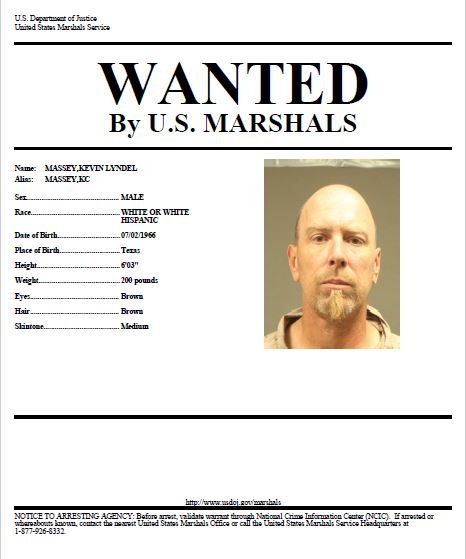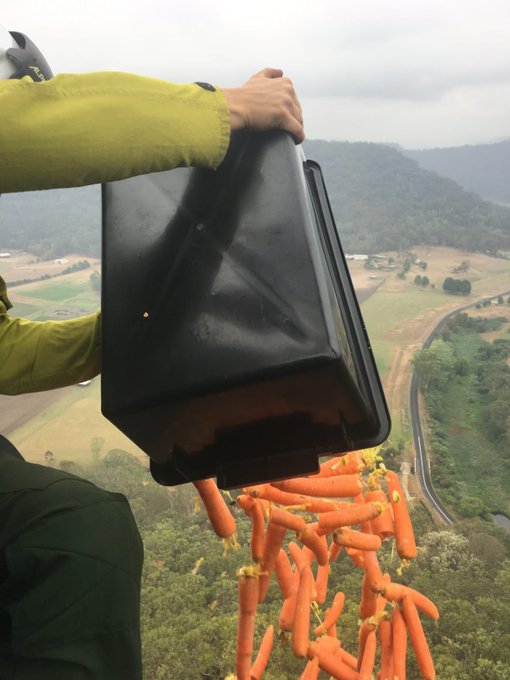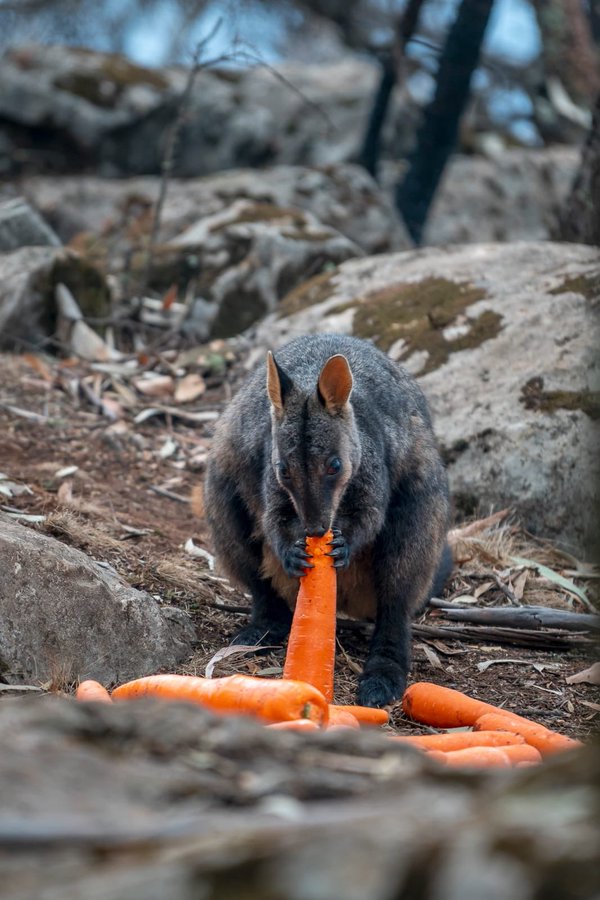Readers, who among us does not recognize that, but for the skills, labor and noble intent of RSN staff, we would not have easy access to critical information that is shaping our world and who we are as people. We live in interesting times and they require that we think critically and then act. News about our fellow man informs that thinking and those actions.
Please make a contribution to support this free exchange of ideas, if only to show that it is valued. You vote with your dollars, folks. Be heard. Become a contributor.
Thank you.
Eva, RSN Reader
If you would prefer to send a check:
Reader Supported News
PO Box 2043
Citrus Hts
CA 95611
PO Box 2043
Citrus Hts
CA 95611
Trump Still Wants to Take Away Your Healthcare - but After the Election

Susan Rinkunas, VICE
Rinkunas writes: "The Trump administration would very much prefer that Americans go to the polls this November with zero updates on the lawsuit that would overturn the Affordable Care Act and revoke health insurance from millions of people."

Susan Rinkunas, VICE
Rinkunas writes: "The Trump administration would very much prefer that Americans go to the polls this November with zero updates on the lawsuit that would overturn the Affordable Care Act and revoke health insurance from millions of people."
EXCERPTS:
To back up for a second: Yes, there's an active lawsuit threatening Obamacare. After Congressional Republicans tried and failed to repeal the landmark law without a replacement in 2017 (remember John McCain's thumbs down?), they decided to zero-out the penalty for not having health insurance in the massive tax bill passed in December 2017.
A group of states led by Texas filed a suit arguing that without that penalty, the entire ACA was unconstitutional and should be overturned. The Department of Justice, instead of defending current laws in court as is practice, chose to support the Texas lawsuit. On December 18, the Fifth Circuit court of appeals struck down part of the law, but sent it back to a lower court to figure out what to do with the rest of it. Following that, a group of Democratic Attorneys General asked the Supreme Court to take up the case during this session. California AG Xavier Becerra said "We’re asking the Supreme Court to swiftly resolve this repeal lawsuit for the sake of saving lives and ending uncertainty in our healthcare system.”
So that's how we get to today, when, in a filing to the Supreme Court, the DOJ's Solicitor General Noel Francisco wrote of the Democratic challenge:
"Petitioners’ requests to expedite consideration of their petitions for writs of certiorari should be denied. Neither the court of appeals’ decision nor the district court’s underlying judgment presents any current exigency that warrants accelerated interlocutory review; to the contrary, the decision below eliminated any such exigency."
Francisco went on to say that the appeals court ruling "creates no present, real-world emergency."
Or in layman's terms: this isn't an urgent matter. Nothing to see here, keep it moving, we're definitely not holding a ball behind our back.
Start with continued efforts to take away healthcare, add in a historically unpopular first-term president who's also been impeached, and Republicans have got themselves a big, big problem.
Trump seems to know this. In April, he suggested that Republicans would have a great plan with lower costs (narrator: there is no plan), but you have to reelect him first:
....are developing a really great HealthCare Plan with far lower premiums (cost) & deductibles than ObamaCare. In other words it will be far less expensive & much more usable than ObamaCare. Vote will be taken right after the Election when Republicans hold the Senate & win......
27.5K people are talking about this
There are other things the Trump administration doesn't want people to learn before the election, including how much taxpayers are paying for all of Trump's travel to HIS OWN PROPERTIES and what's inside his tax returns. The fate of Obamacare makes three—a trendlet!
Democrats running for president (and even ones who aren't) should be reminding people every day what the Trump administration is hiding.

Cory Booker. (photo: Ethan Miller/Getty Images)
Cory Booker Drops Out of Presidential Race
Stephen A. Crockett Jr., The Root
Crockett writes: "On Monday, in a move that we all saw coming, Sen. Cory Booker - he of the wide smile and charismatic optimism that's almost too good to be true - announced that he's ending his bid for president."
READ MORE
Stephen A. Crockett Jr., The Root
Crockett writes: "On Monday, in a move that we all saw coming, Sen. Cory Booker - he of the wide smile and charismatic optimism that's almost too good to be true - announced that he's ending his bid for president."
READ MORE

Detainees in Guantanamo Bay, Cuba. (photo: John Moore/Getty Images)
Human Rights Advocates Demonstrate, Demand Guantanamo's Closure
teleSUR
Excerpt: "As Jan. 11 marked the 18th anniversary of the Guantanamo Bay detention camp opening by the United States, human rights activists rallied Saturday outside the White House to demand the prison's immediate closure and an end to 'years of torture and human rights violations.'"
READ MORE
teleSUR
Excerpt: "As Jan. 11 marked the 18th anniversary of the Guantanamo Bay detention camp opening by the United States, human rights activists rallied Saturday outside the White House to demand the prison's immediate closure and an end to 'years of torture and human rights violations.'"
READ MORE

An event for missing and murdered Native American women and girls at the Missoula state fair in Montana. (photo: Sara Hylton/Guardian UK)
A Well of Grief: The Relatives of Murdered Native Women Speak Out
Sara Hylton, Guardian UK
Hylton writes: "Native American women and girls are targeted at rates that far outweigh other American women, and are 10 times more likely to be murdered."
Sara Hylton, Guardian UK
Hylton writes: "Native American women and girls are targeted at rates that far outweigh other American women, and are 10 times more likely to be murdered."
EXCERPT:
Residents across Fort Peck Reservation are sensitized to the impacts of the oil industry. The reservation is situated not far from large oil boom towns like Williston and Watford City in North Dakota and is in the direct vicinity of the proposed Keystone XL pipeline expansion. Many of the community members I spoke to discussed the influx of crime, sexual violence and drugs when the Bakken oil boom began in 2006. They’re bracing for what’s to come.
Prairiedawn Thunderchild and her older sister Tahnee Thunderchild learned of those dangers early one evening when they were walking home to their apartment in Wolf Point, a small town of a few thousand people, on Fort Peck Reservation in Montana.
That evening, the girls saw a car with North Dakota license plates approaching. The car began to follow them, and the men, whom they didn’t recognize from their community, told the sisters to get into the vehicle.
The girls knew that a car full of non-native men with North Dakota plates probably meant they were oil employees. They had heard stories of trafficking, kidnapping and sexual assault. They ran and called the tribal police. “[They] probably wanted gross things from us,” Tahnee told me.
“Man camps,” as they have come to be known, house thousands of temporary oil workers with disposable income, who are dealing with the stressors of dangerous working conditions. The proposed Keystone XL pipeline would bring in more “man camps” affecting Native American women and communities.
“Oil industry camps may be impacting domestic violence, dating violence, sexual assault, and stalking in the direct and surrounding communities in which they reside,” the Department Of Justice found.
Eight-year-old Macylilly Whitehawk was sexually assaulted and abducted when she was just four years old, and meth was found in her system from the assailant’s semen. Though the assailant was from the reservation, Macylilly’s grandmother and caregiver, Valerie Whitehawk, believes what happened to her granddaughter is linked to the increase in drugs and violence stemming from the region’s oil industry.

Kevin Lyndel 'KC' Massey. (photo: TPM)
A Texas Militia Leader Went Into Hiding. Months Later, He Turned Up Dead.
Derek Hawkins and Marisa Iati, The Washington Post
Excerpt: "More than six months after he went into hiding, the leader of a Texas anti-immigrant militia who was wanted by federal authorities was found dead of an apparent self-inflicted gunshot wound, law enforcement officials said."
Derek Hawkins and Marisa Iati, The Washington Post
Excerpt: "More than six months after he went into hiding, the leader of a Texas anti-immigrant militia who was wanted by federal authorities was found dead of an apparent self-inflicted gunshot wound, law enforcement officials said."
Massey and other members of the militia were patrolling the border in Southeast Texas in August 2014 when they encountered U.S. Border Patrol agents in the brush. One of the men pointed a pistol at an agent, who fired several shots in their direction but missed, according to court documents.
Then Massey, who had a previous burglary on his record, arrived with a pistol and a rifle. Investigators also found materials in his truck and motel room that could have been combined to make an explosive device. Among the ingredients was suspected ammonium nitrate, which Timothy McVeigh used in 1995 to blow up a federal building in Oklahoma City and kill 168 people.
Massey was convicted in federal court in 2015 of being a felon in possession of a firearm. He was sentenced to 41 months in prison.
In May 2019, less than a year after his release, he went to ground, according to court documents. The FBI and U.S. marshals said he “absconded” from his supervised release and plastered his mug shot on social media, warning that he had threatened to “battle” law enforcement.
Convicted felon Kevin Massey is wanted by @USMarshalsHQ, @ATFDallas & @FBIDallas. Massey, convicted of firearms offenses in 2016, allegedly absconded from his supervised release and has threatened to "battle" with law enforcement. If you have info, pls call 1-800-336-0102.
48 people are talking about this
A post from June on a Facebook fan page for Massey said that the “unconstitutional courts” had already cost him more than three years in prison. It was unclear who wrote the post.
“The feds continued to subject KC to their tyranny after release from prison, while serving a double jeopardy sentence of 3 years probation,” the post said. “KC is NOT going to allow himself to be kidnapped again. Death before dishonor!”
!['The Socialists are in a very bobo [bohemian] part of Ivry, with a lot of artist lofts,' said Benjamin Gozlan, a painter and illustrator. (photo: Dmitry Kostyukov/NYT) 'The Socialists are in a very bobo [bohemian] part of Ivry, with a lot of artist lofts,' said Benjamin Gozlan, a painter and illustrator. (photo: Dmitry Kostyukov/NYT)](https://readersupportednews.org/images/stories/article_imgs37/037500-socialists-france-011320.jpg)
'The Socialists are in a very bobo [bohemian] part of Ivry, with a lot of artist lofts,' said Benjamin Gozlan, a painter and illustrator. (photo: Dmitry Kostyukov/NYT)
A New Home for French Socialists, on Paris's Periphery
Norimitsu Onishi, The New York Times
Excerpt: "Short of cash, the Socialist Party has moved its headquarters from a Parisian mansion once owned by a princess to a converted factory in the suburbs."
READ MORE
Norimitsu Onishi, The New York Times
Excerpt: "Short of cash, the Socialist Party has moved its headquarters from a Parisian mansion once owned by a princess to a converted factory in the suburbs."
READ MORE

A wallaby licks its burnt paws after escaping a bushfire on the Liberation Trail near the township of Nana Glen on the Mid North Coast of NSW, Nov. 12, 2019. (photo: Wolter Peeters/The Sydney Morning Herald/Fairfax Media/Getty Images)
Australia Airdrops Thousands of Carrots, Sweet Potatoes to Wallabies Starving From Wildfires
Olivia Rosane, EcoWatch
Rosane writes: "In an effort to help one of the many animal species threatened by Australia's devastating wildfires, officials in New South Wales are air-dropping more than 4,000 pounds of carrots and sweet potatoes into the fire-ravaged habitat of the brush-tailed rock-wallaby, an endangered species in the state."
Olivia Rosane, EcoWatch
Rosane writes: "In an effort to help one of the many animal species threatened by Australia's devastating wildfires, officials in New South Wales are air-dropping more than 4,000 pounds of carrots and sweet potatoes into the fire-ravaged habitat of the brush-tailed rock-wallaby, an endangered species in the state."
 arrots to the rescue!
arrots to the rescue!
In an effort to help one of the many animal species threatened by Australia's devastating wildfires, officials in New South Wales (NSW) are air-dropping more than 4,000 pounds of carrots and sweet potatoes into the fire-ravaged habitat of the brush-tailed rock-wallaby, an endangered species in the state.
"This is the most widespread food drop we have ever done for brush-tailed rock-wallabies," NSW Minister of Energy and Environment Matt Kean said, according to CNN.
Operation Rock Wallaby- #NPWS staff today dropped thousands of kgs of food (Mostly sweet potato and carrots) for our Brush-tailed Rock-wallaby colonies across NSW
#bushfires
6,527 people are talking about this
Kean called the airdrop "Operation Rock Wallaby" on Twitter and explained in a statement why it was so important:
"The provision of supplementary food is one of the key strategies we are deploying to promote the survival and recovery of endangered species like the Brush-tailed Rock-wallaby," Mr Kean said.
"Initial fire assessments indicate the habitat of several important Brush-tailed Rock-wallaby populations was burnt in the recent bushfires. The wallabies typically survive the fire itself, but are then left stranded with limited natural food as the fire takes out the vegetation around their rocky habitat.
"The wallabies were already under stress from the ongoing drought, making survival challenging for the wallabies without assistance."
Brush-tailed rock-wallabies are a kind of marsupial. They live in rocky habitats near the east coast of Australia and can climb trees and almost vertical rocks with their sharp claws and strong legs, according to the Australian Government Department of the Environment and Energy. Most of the 15 species of rock wallabies in Australia are considered threatened. The brush-tailed rock-wallaby is considered endangered in NSW and vulnerable by the International Union for Conservation of Nature (IUCN) Red List. The IUCN last assessed the species in 2014 and reported that there were around 20,000 in the wild, according to Global News.
In the past week, NSW has dropped almost 1,000 kilograms (approximately 2,205 pounds) of carrots and sweet potato to six wallaby colonies in the Capertee and Wolgan valleys, approximately 2,205 pounds to five places in Yengo National Park and almost 100 kilograms (approximately 220.5 pounds) of food and water in the Kangaroo Valley. Provisions have also been sent to Jenolan, Oxley Wild Rivers and Curracubundi national parks.
Kean said that the government would also support the wallabies by managing predators and setting up cameras to see how many animals were present and whether they were eating the food.
"At this stage, we expect to continue providing supplementary food to rock-wallaby populations until sufficient natural food resources and water become available again in the landscape, during post-fire recovery," Kean said.
Operation Rock Wallaby is one of many ways that Australian officials are working to help wildlife recover from the bushfires, which ecologists estimate have killed more than one billion animals. On Monday, the government promised 50 million Australian dollars (approximately $34.5 million) to an emergency wildlife recovery program, Reuters reported.
"This has been an ecological disaster, a disaster that is still unfolding," Treasurer Josh Frydenberg told the press on Monday during a visit to the Port Macquarie Koala Hospital, as Reuters reported. "We know that our native flora and fauna have been very badly damaged."
The fires may have destroyed 30 percent of koala habitat in NSW, and Federal Environment Minister Sussan Ley said that the conservation status of some koala populations might have to be raised from vulnerable to endangered.
The country's most devastating fire season on record has burned since September, The Independent reported. The fires have killed 28 people and torched thousands of homes. Scientists agree that the climate crisis is making Australia's fires worse, according to The Guardian.
"Human-caused climate change has resulted in more dangerous weather conditions for bushfires in recent decades for many regions of Australia," Australia's National Environmental Science Program wrote in November 2019. "Observations show a trend towards more dangerous conditions during summer and an earlier start to the fire season, particularly in parts of southern and eastern Australia. These trends are very likely to increase into the future, with climate models showing more dangerous weather conditions for bushfires throughout Australia due to increasing greenhouse gas emissions."







Comments
Post a Comment